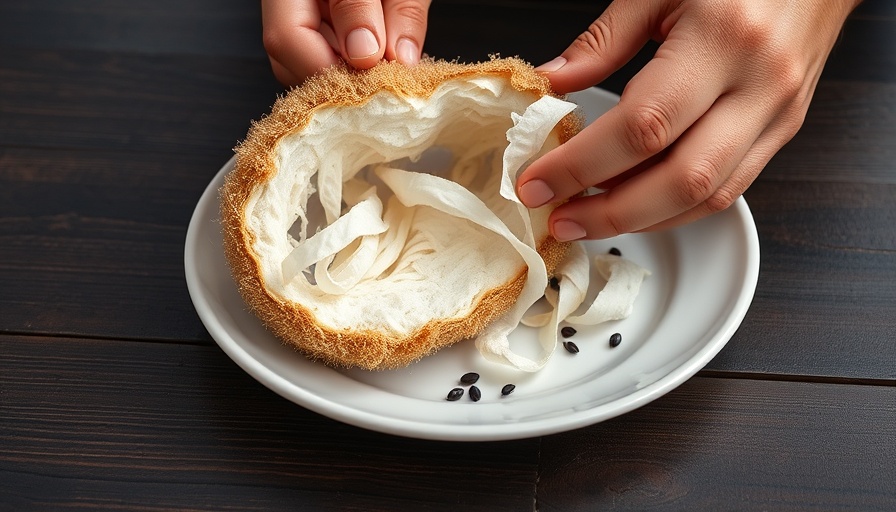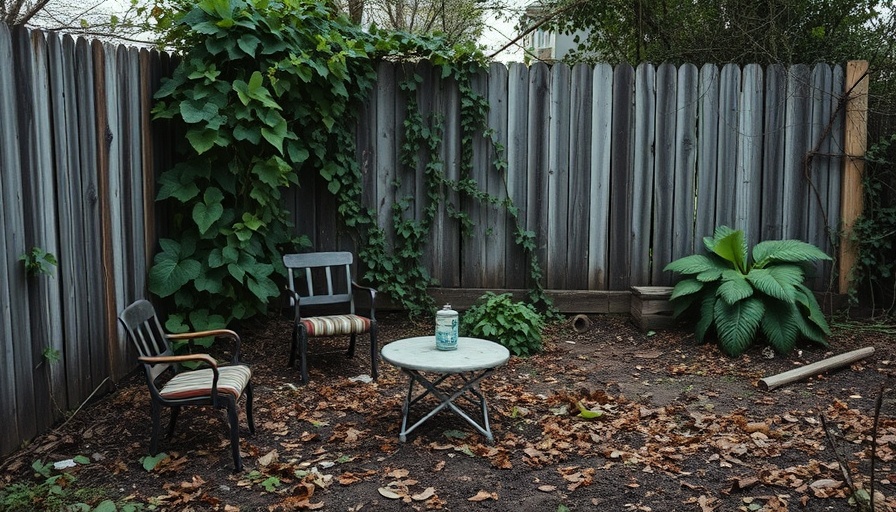
Understanding the Dangers of Pouring Coffee Grounds Down the Sink
The question of whether it's safe to put coffee grounds down the sink is more prevalent than you might think, especially among those looking to simplify kitchen clean-up after a caffeine fix. The consensus from plumbing experts is clear: coffee grounds should not be discarded in this manner. Not only do they create a thick sludge that clogs pipes, but they can also lead to more severe plumbing issues in the long run. For residents of Metro Vancouver, whose living arrangements often come with smaller kitchens and tight plumbing systems, this advice is particularly pertinent.
Why Every Coffee Lover Should Rethink Their Disposal Methods
Instead of using the sink, think creatively about how to recycle coffee grounds. They can be used in various ways, from serving as a natural fertilizer for your plants to being a powerful scrub for your cookware. This not only helps the environment by reducing waste but also enriches soil and keeps your living space clean and fresh. Not to mention, it’s a perfect budget-friendly solution for Metro Vancouver residents looking to make their limited outdoor areas thrive.
Transforming Kitchen Waste into Garden Gold
Here's a great tip for those who have limited backyard space: use coffee grounds as part of your indoor or balcony garden. When added to compost, coffee grounds contribute to nutrient-rich soil. These grounds can also deter pests like ants and slugs, making them perfect for your small outdoor or indoor garden setups. By harnessing this kitchen waste, you can significantly enhance the productivity of your gardening efforts.
Exploring Alternatives for Coffee Ground Disposal
If you lack the green thumb or simply do not want to start a compost pile, consider other disposal methods. Many neighborhoods in Metro Vancouver participate in green waste collection, where you can properly dispose of your coffee grounds along with food scraps. Not only does this take the burden off your plumbing, but it enriches local soil in community gardens. Local eco-conscious initiatives often organize workshops to educate residents on composting benefits. Engaging in these activities can be beneficial for both the environment and community spirit.
Conclusion: The Eco-Friendly Choice
As we become more aware of our environmental footprint, every small action contributes to a larger impact. Opting to recycle or properly dispose of coffee grounds not only prevents plumbing issues but also supports sustainable living practices. For Metro Vancouver residents eager for stylish backyard transformations, consider utilizing coffee grounds as an effective organic resource for your gardening endeavors. Let’s embrace eco-friendly practices in our kitchens!
 Add Row
Add Row  Add
Add 




Write A Comment